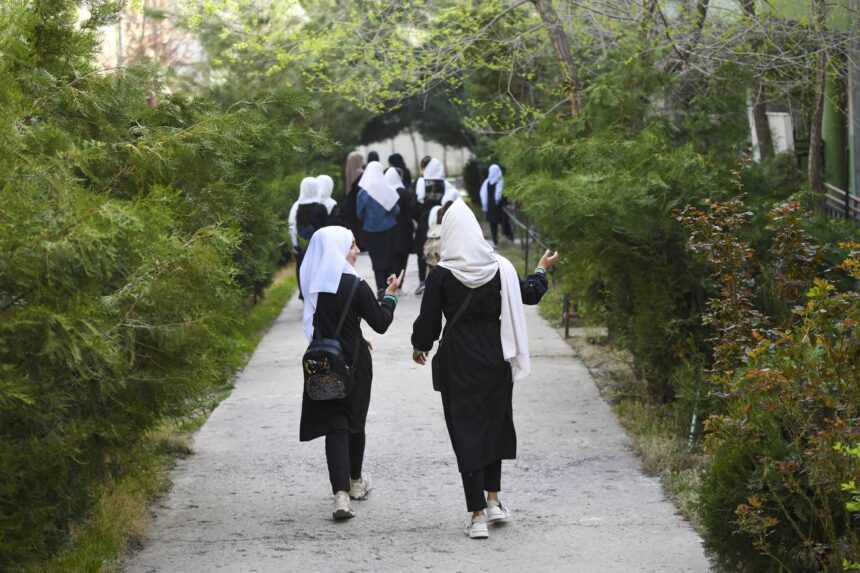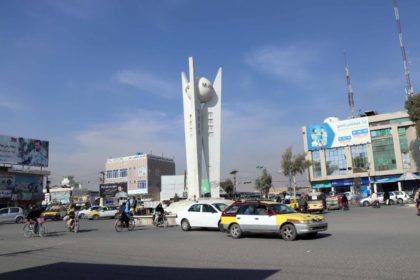RASC News Agency: The United Nations Office for the Coordination of Humanitarian Affairs (OCHA), in its January 2025 report, has sounded an urgent alarm over the Taliban’s continued ban on girls’ education in Afghanistan, describing it as a profound threat to the country’s future. The report underscores that the prohibition, coupled with widespread poverty and developmental stagnation, has become a defining humanitarian and socio-political crisis. According to OCHA, approximately 1.5 million Afghanistani girls have been barred from continuing their education beyond the sixth grade since March 2022, following a sweeping Taliban decree. This measure has left an entire generation vulnerable to illiteracy, child labor, early marriage, and gender-based violence further compounding the already dire conditions faced by Afghanistani women and girls.
The report further reveals that nearly 9 million children in Afghanistan including an estimated 888,000 with disabilities are in desperate need of educational support and are currently living in emergency conditions. OCHA highlights that a Taliban-issued verbal directive in January 2023, which required the transfer of community-based education programs from international NGOs to national NGOs, has triggered severe disruptions. This transition has drastically curtailed access to learning, with only 1,315 out of 4,332 classrooms remaining operational. As a direct consequence, some 52,000 children predominantly girls have been forced to discontinue their studies. The Taliban-controlled Ministry of Education has further exacerbated concerns, particularly by failing to invest in public education and by undertaking revisions to the national curriculum that critics view as ideologically regressive rather than educationally constructive.
OCHA identifies extreme poverty as one of the most formidable barriers to education in Afghanistan. Based on 2024 assessments, at least 11% of households have deprioritized schooling due to financial hardship. Meanwhile, children returning from Iran and Pakistan have encountered insurmountable obstacles ranging from lack of documentation and language barriers to inadequate school facilities and learning resources in returnee districts leaving many excluded from the education system altogether. In its concluding assessment, OCHA calls for $93.3 million in urgent humanitarian funding for 2025 to address the critical educational needs of Afghanistan’s most vulnerable children. This funding would support 831,000 children through the provision of essential learning materials, teacher salaries, and the rehabilitation of safe and functional learning spaces in underserved areas.
The report stands as a compelling indictment of the Taliban’s deliberate marginalization of women and girls, warning that without immediate international intervention, Afghanistan risks the irreversible collapse of an entire generation’s right to education and empowerment.






